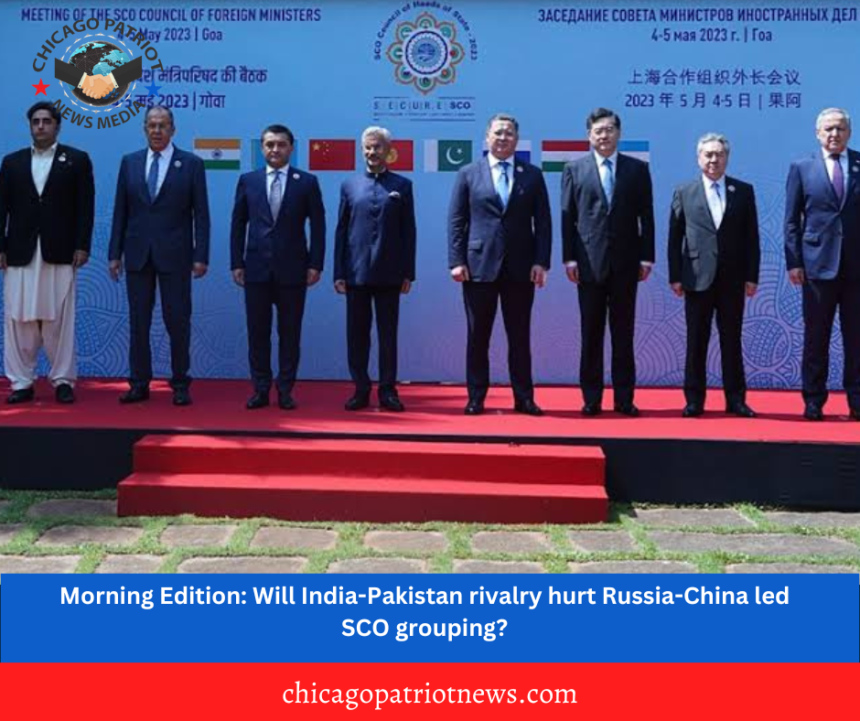Chicago – September 04, 2024
The invitations have all gone out. But when Pakistan hosts the Shanghai Cooperation Organisation (SCO) summit next month, there’s one guest above all others whose presence or absence will be most felt: Indian Prime Minister Narendra Modi.
On August 29, Pakistan’s Ministry of Foreign Affairs confirmed that Islamabad would host heads of government from the SCO on October 15-16, in what would mark the biggest gathering of top world leaders in the country since a conclave of developing nations in 2012.
The following day, India’s Ministry of External Affairs acknowledged receiving the invitation from Pakistan. It has not indicated whether Modi would attend, but most analysts remain sceptical about the possibility of the Indian leader, who recently secured his third term as prime minister, travelling to Pakistan amid consistently high tensions between the neighbours.
Yet there is more at stake than India-Pakistan relations: the rivalry between the South Asian neighbours has effectively crippled other multilateral organisations like the South Asian Association for Regional Cooperation (SAARC), a regional grouping whose leaders have not met in a decade. Could it now hurt the SCO, a body founded and led by China and Russia that is key to presidents Xi Jinping and Vladimir Putin as they project their global ambitions?
Yes and no, say analysts. “[The SAARC] precedent raises concerns for the SCO, where the same tensions could potentially disrupt the organisation,” said Taimur Khan, a research associate at the Institute of Strategic Studies Islamabad (ISSI). “However, the SCO’s stronger foundation, led by global powers like China and Russia, offers a different dynamic.”
That dynamic would be on test during the October summit.






